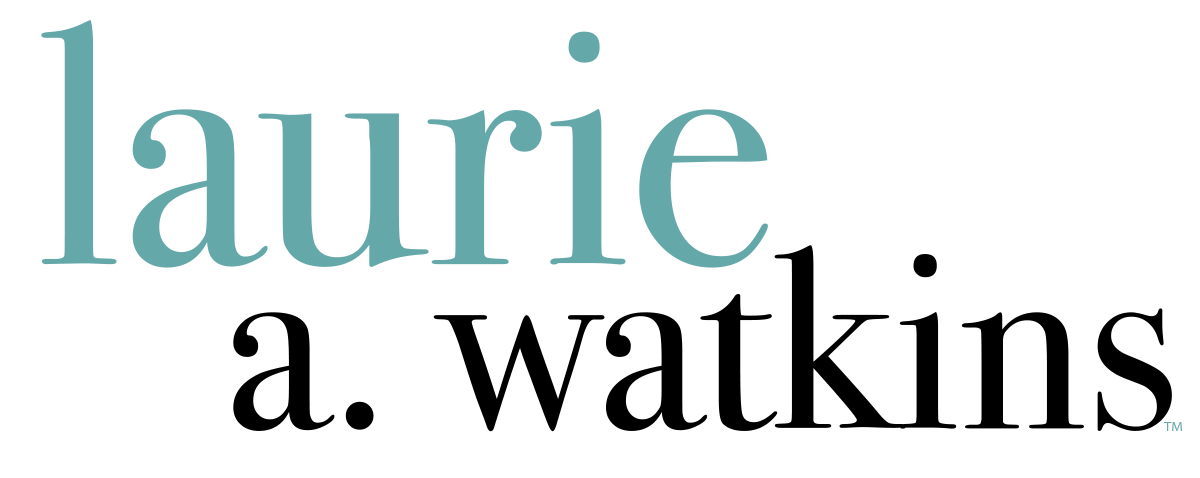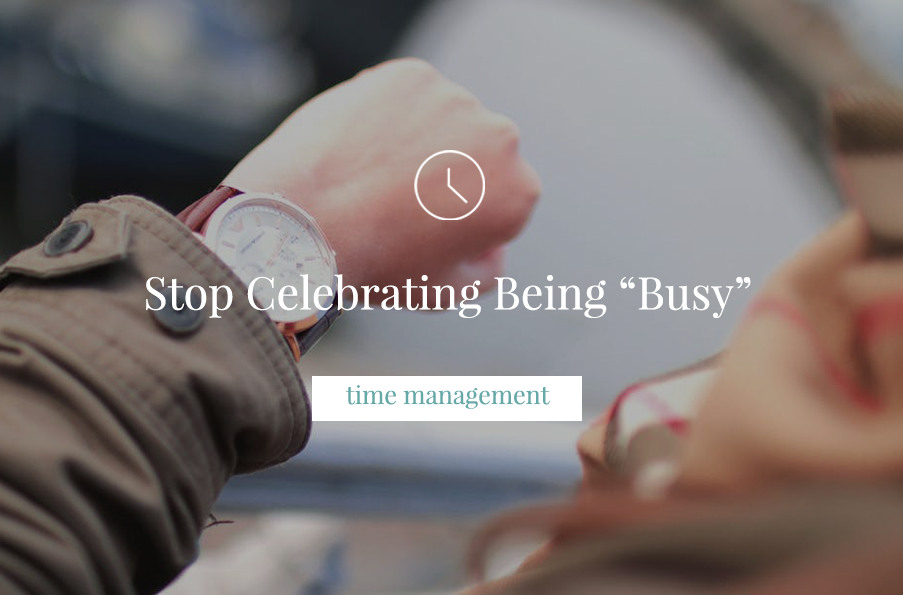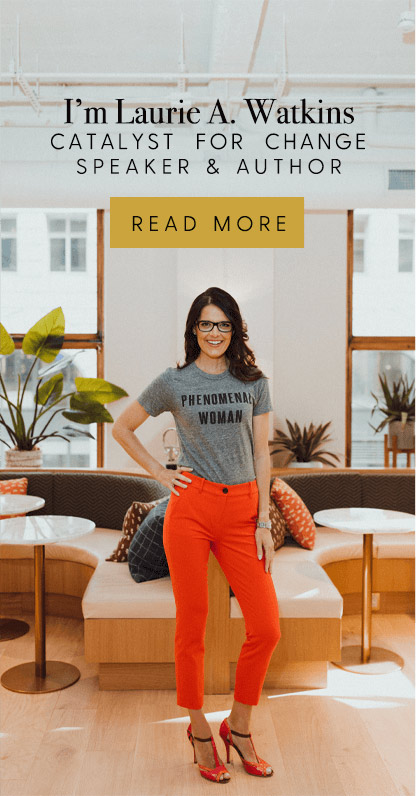A couple months ago, I asked, “Are you really as busy as you think you are?” But, unusually for one of my posts, I didn’t really talk about concrete steps we can take to overcome our misconception that being busy means being productive. Then, Joe Pinsker’s recent article on the same topic triggered the question again: what can we do about our obsession with being busy?
Pinsker notes that being busy has become a sort of status symbol, perhaps because we subconsciously assume that more demand on our time means that our time is therefore more valuable. This subconscious argument can lead to an almost masochistic pride in being busy.
Identifying the causes (both personal and societal) behind our problems is all well and good, and it is the first step to progress. But I want to go further and give you three steps from my Command Your Day Now Program that you can take right now to regain control over the “busyness monster”:
Step 1: Reject your own feeling of pride in being busy. (Instead, I want you to feel pride in your results, not your activity.)
Step 2: Reject your own guilt at any sense of leisure (wide open calendar).
Step 3: Say NO and be realistic.
Step 1 (and its logical corollary, Step 2) is taken directly from my Mini-Course and requires radical honesty. I want you to ascribe the same sense of pride you get from having accomplished a goal, to when you gain that free time, seeing and accepting it as “this is what I get” when I achieve my goals.
Free time or calm time should not be a source of guilt (“I could be doing so much work instead!”); it should be a source of pride or reward because you got all your work done. The goal is to shift your own perspective on how you’re spending your time, and allowing yourself to feel different emotions. It changes you from the object of your life to the subject of your life. Once we can conduct that radical honesty with ourselves, we are on our way.
Reevaluating your emotions and consciously reassigning those emotions will allow you to make active choices based on your new emotional priorities. Once you have decided to let go of guilt over leisure and reject pride at busyness, then you will want to make choices that will make you proud in achievement and progress, not busyness. So with each potential claim on your time, you should ask yourself, “Does this further my established goals – personal, professional, emotional, spiritual? What is the likely result of this commitment of my time?”
Here comes the caveat: like everything I advocate for, I recommend doing it in moderation. Say “yes” to too much, and you’ll be busy for the sake of being busy. Say “no” too much, and you’ll be rejecting potentially positive uses of your time merely for the sake of NOT being busy. Remember: self-care isn’t selfish, and your choice for self-care should feel empowering. Be careful not to use the defense of “self-care” as a mere fig leaf for acting selfishly, not to mention shortsightedly. Not every choice you make will have an obvious result that propels you further toward your goals, so you need to allow for a little serendipity, faith, luck, or however you’d like to think of that bit of unknown that no amount of careful planning can account for. Sometime you say “yes” just because, and that’s ok, too.
Once you do evaluate your emotions, reallocate those emotions, and make decisions to support your consciously chosen emotional values, you will have created a reinforcement loop of radical honesty and self-assessment. This results in a feedback loop that leads back to pride in your decisions and progress results and the positive reinforcement is what becomes a habit. I’m structuring these as steps, but it’s really a philosophy on how you evaluate your life, your schedule, and being present.
Personally, I know I have become too busy when I realize it’s almost noon, and I haven’t taken the time to write my top 4 priorities on my daily to-do list, and when I start to get an unsettling feeling in my stomach that makes me nervous with energy. I un-busy myself by planning something special just for me like a massage or facial, or carving out a (no-excuses) weekend somewhere for me, and my partner that doesn’t involve exploring, only relaxing.
But the real focus and winner (if we were handing out blue ribbons) for time should be the result that came from your time spent, not the hours it took to complete the activity.
I approach my calendar and daily schedule the same way I do when I look at the white board at the gym before a workout. Often times you will see one of the following written before each list of instructions: “For Time”, or “AMRAP” (as many reps as possible). If it says “For Time, with a cap of 20 min.” that means you have (up until) twenty minutes to complete the following workout.
For example, if you finished within a few seconds of the time cap, good job. You just made it! If you were still working when the buzzer went off, you would get a score of DNF (did not finish), but you still got in a great workout and should be proud of yourself for showing up. And, if you finished the workout with three minutes to spare, you should do a few things: congratulate yourself on completing the task, congratulate yourself on the results that most likely surpassed that of your peers, and use that extra time to do whatever you want: recover, get some more water, cheer on your classmates, etc.
The parallel I hope to draw for you is that just like time allotted at the gym, the same is true in life. No matter where you live on planet Earth, each person is given the same amount of time in a day, twenty-four hours. Period. It is up to each individual to decide how they choose to use that time. And understandably, each person will invariably have very different outcomes.
How are you choosing to spend your twenty-four hours each day?






